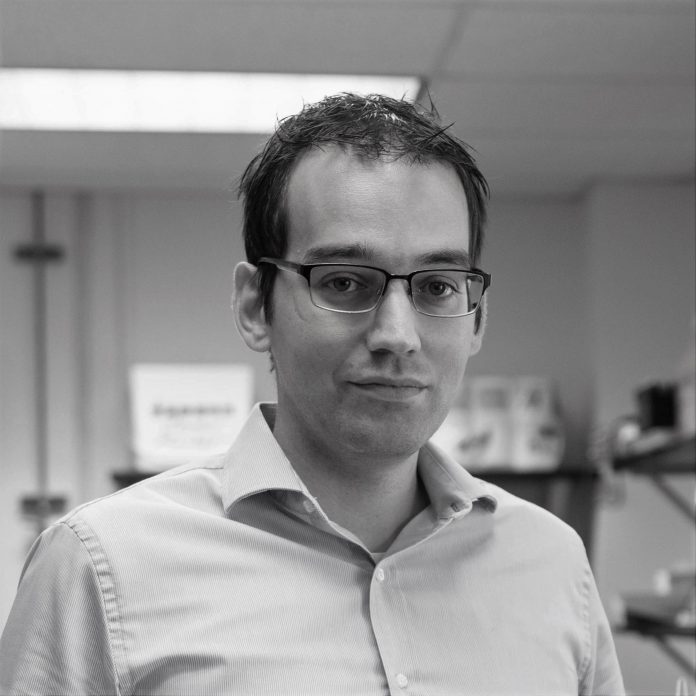| Role in the Program | Host, Short-term Research Internships 2022 |
| Hostee | Fábio Ferreira |
Short Bio
Dr. Filippo Mangolini completed his university studies in Materials Science and Engineering at Polytechnic University of Milan (Milan, Italy) in 2006, obtaining a Master’s degree with honors. He then received his Ph.D. in Materials Science at the Swiss Federal Institute of Technology (ETH Zurich, Switzerland). His Ph.D. work focused on the study of the surface reactivity of environmentally-compatible lubricant additives. This involved the development of a novel in situ analytical technique based on infrared spectroscopy for investigating oil/substrate interfaces. Upon completion of his Ph.D. in 2011, Filippo received a Swiss National Science Foundation Postdoctoral Fellowship and moved to the University of Pennsylvania (Philadelphia, USA), where he developed one of the first few laboratory-based environmental X-ray photoelectron spectrometers (E-XPS). The instrument allowed him to investigate in situ the thermally-induced structural evolution of amorphous carbon surfaces. While at the University of Pennsylvania, Filippo was awarded a Marie Curie International Outgoing Fellowship for Career Development, which allowed him to subsequently move to Ecole Centrale de Lyon (France). During his Marie Curie fellowship, Filippo developed a fundamental understanding of the mechano-chemistry of solid and liquid lubricants using both in situ and ex situ surface-analytical techniques. Between 2015 and 2017, Filippo was a University Academic Fellow at the University of Leeds (UK), where his work focused on the investigation of the surface reactivity of advanced lubricants. In February 2016, Filippo was the recipient of a Marie Curie Individual Fellowship. In January 2018 Filippo joined the University of Texas at Austin as Assistant Professor in the Department of Mechanical Engineering, Materials Science and Engineering Program. The overarching goal of his research at UT Austin is to develop a physically-based understanding of the structural transformations and chemical reactions occurring on material surfaces and at solid/solid, solid/liquid interfaces under extreme environments and conditions far from equilibrium.

